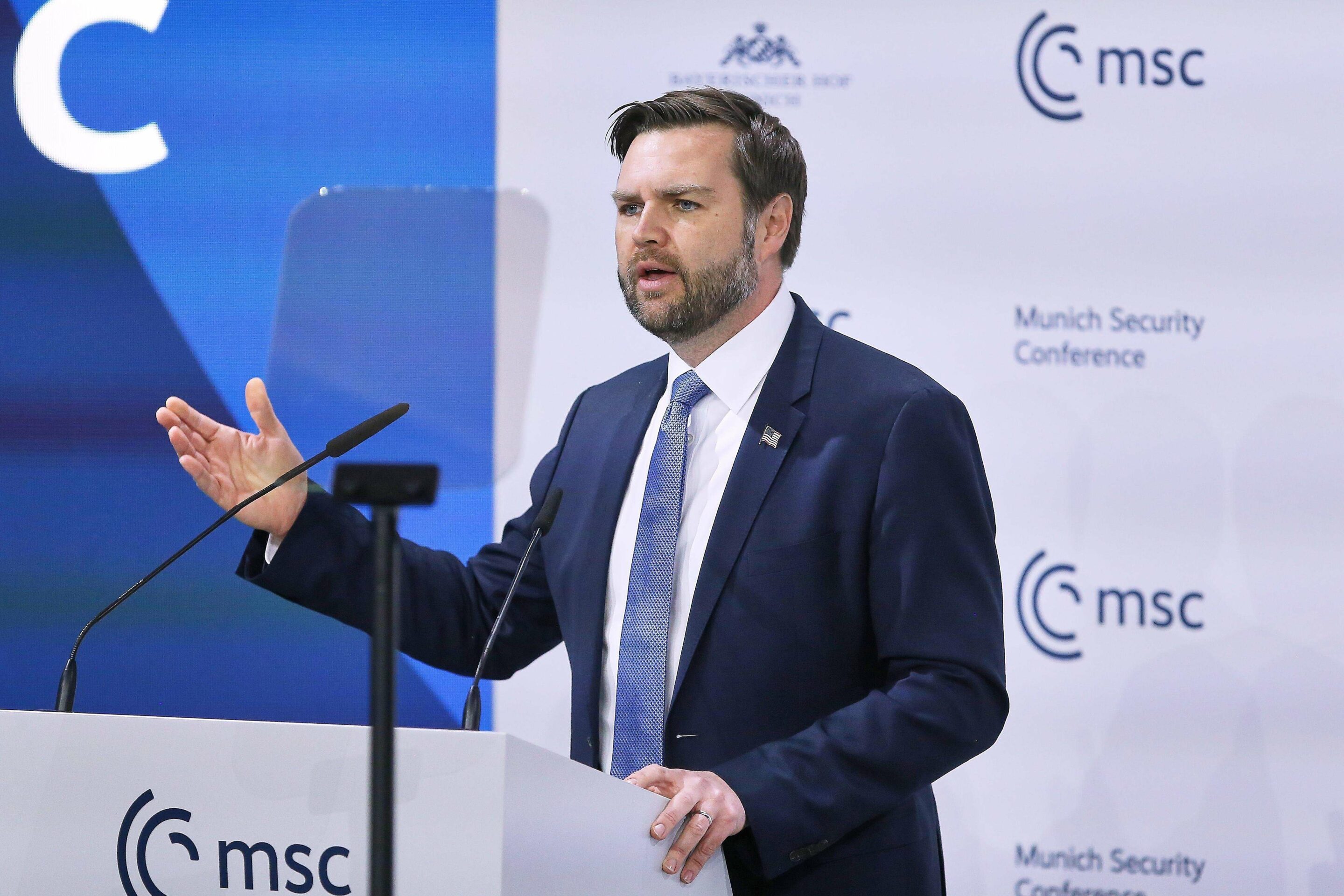
চলচ্চিত্রে, আলেকজান্ডার সোকুরভের (Alexander Sokurov) Russian Ark এই প্রশ্নগুলোকে শুধু গভীরভাবে অনুসন্ধানই করে না, বরং তা রুশ আত্মার এক অনন্য প্রতিফলনও প্রকাশ করে। ছবিটি পুরোপুরি একটানা এক শটে (one take) ধারণ করা হয়েছে — যা আমার বিচারে রুশ আত্মার অসীমতার প্রতীক। স্প্যাংলার একে বলেছিলেন “একটি অন্তহীন সমতল ভূমি” (endless flat plain), এবং বেরদ্যায়েভও (Berdyaev) এই অনুভূতিকে গভীরভাবে বিশ্লেষণ করেছিলেন।
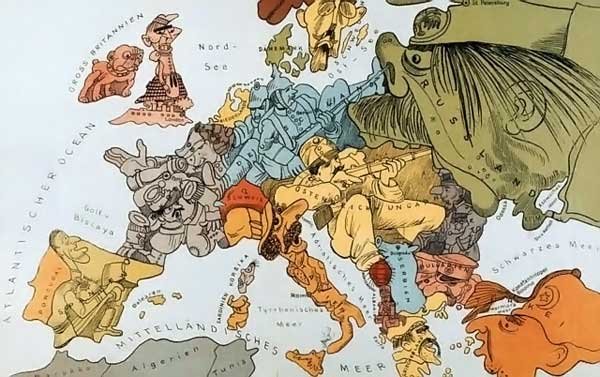
রুশ সংস্কৃতি একটি স্বতন্ত্র সত্তা — পশ্চিমা বিশ্বের থেকে ভিন্ন এক ধারণা — এই ভাবনাটি বর্তমানে বহু স্তরে প্রতিরোধের মুখে পড়েছে: ইতিহাসলেখন, সমাজ-রাজনীতি, এবং ভূ-রাজনৈতিক স্তরে। যদি রাশিয়া সত্যিই একটি অনন্য সাংস্কৃতিক সত্তা হয় — এক সভ্যতা বা সভ্যতাগত ব্লক — এবং আজ তার নিয়তি অস্বীকার করা হচ্ছে, তবে এর গভীর অস্তিত্বগত প্রভাব পড়বে কেবল রাশিয়ার ওপর নয়, বরং রুশ ভূভাগের সীমান্তঘেঁষা অন্যান্য বিশ্বের ওপরও।যখন ইতিহাসকে এমন এক দৃষ্টিকোণ থেকে দেখা হয় যেখানে প্রতিটি সংস্কৃতির নিজের মতো করে অস্তিত্ব বজায় রাখার অধিকারকে স্বীকার করা হয় — যেখানে প্রতিটি সংস্কৃতি তাদের অবচেতন ভাবনাগুলিকে সচেতন প্রকাশে রূপ দেয়, তাদের নিজস্ব সত্য ও রূপকে বিশ্বের জন্য একপ্রকার উপহার হিসেবে ভাগ করে নেয় — তখন এই উপলব্ধি আজকের অস্থির ও উদ্বেল ভূ-রাজনৈতিক বাস্তবতা বোঝার ক্ষেত্রে অপরিহার্য হয়ে ওঠে।

দক্ষিণ এশিয়ার রাজনীতির ইতিহাসে নেপাল সবসময়ই এক ব্যতিক্রমী পরীক্ষাগার। রাজতন্ত্র থেকে প্রজাতন্ত্র, তারপর সাংবিধানিক গণতন্ত্রে রূপান্তরের মধ্য দিয়ে দেশটি একাধিক ধাপ অতিক্রম করেছে। কিন্তু এই দীর্ঘ রূপান্তর প্রক্রিয়ায় নতুন প্রজন্ম, বিশেষ করে Gen Z—যারা ইন্টারনেট, মোবাইল, সামাজিক মাধ্যমের সঙ্গে বেড়ে উঠেছে—তাদের আশা-আকাঙ্ক্ষা রাজনৈতিক নেতৃত্ব কখনোই পুরোপুরি বুঝতে পারেনি। তারা ক্রমশ দুর্নীতি, নেপোটিজম, বেকারত্ব ও রাজনৈতিক অচলাবস্থায় হতাশ হয়ে উঠছিল। সেই জমে থাকা ক্ষোভ হঠাৎ বিস্ফোরণ ঘটাল সেপ্টেম্বরে, যখন সরকার সামাজিক মাধ্যম নিষিদ্ধ করার সিদ্ধান্ত নেয়।

ভারতের প্রধানমন্ত্রী নরেন্দ্র মোদী এবং চীনের প্রেসিডেন্ট শি জিনপিং ২৪ অক্টোবর, ২০২৪-এ রাশিয়ার কাজানে ব্রিকস সম্মেলনের ফাঁকে বৈঠক করেছেন। সাংহাই কোঅপারেশন অর্গানাইজেশনের বৈঠকটি যুক্তরাষ্ট্র-ভারত সম্পর্ক খারাপ হওয়ার মধ্যে এই দুই এশীয় বৃহৎ শক্তিকে আরও কাছাকাছি নিয়ে এসেছে ।২০২৫ সালের ৩১ আগস্ট, ভারতের প্রধানমন্ত্রী নরেন্দ্র মোদী চীনের তিয়ানজিনে অনুষ্ঠিতব্য ২০২৫ সাংহাই কোঅপারেশন অর্গানাইজেশন (SCO) সম্মেলনের ফাঁকে চীনা প্রেসিডেন্ট শি জিনপিংয়ের সাথে বৈঠক করেছেন।
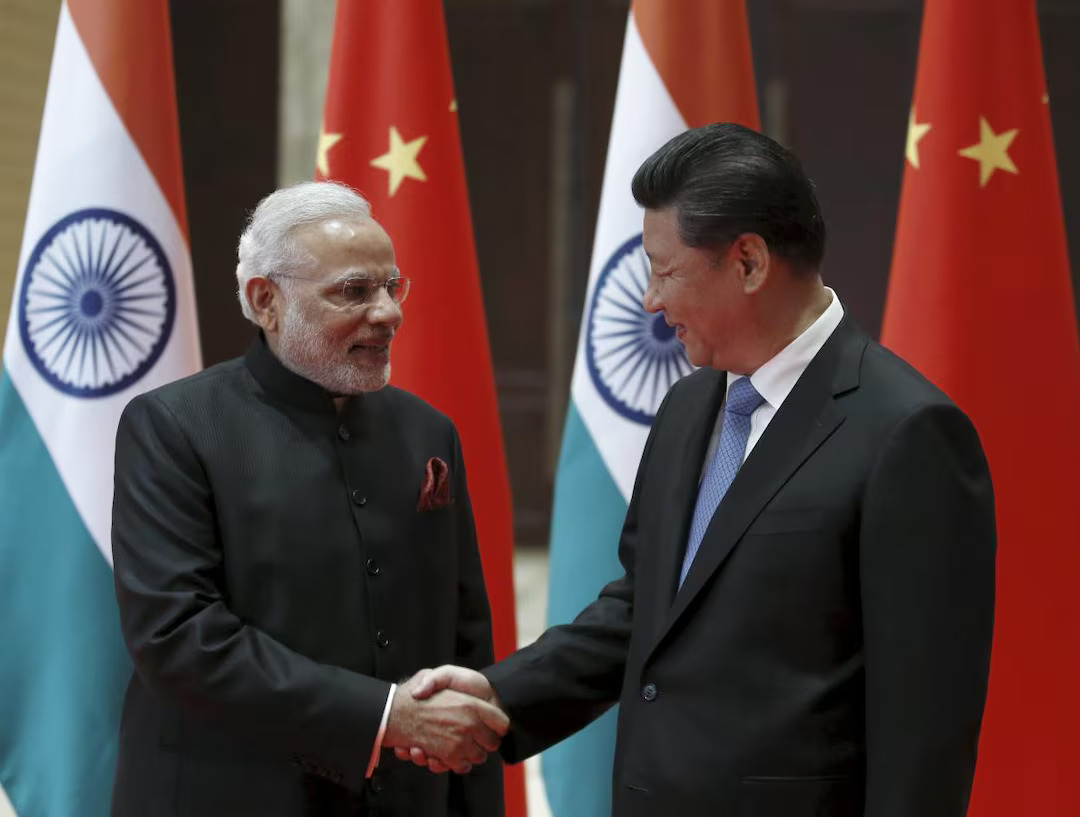
দশকব্যাপী মধ্যপ্রাচ্যের ভূরাজনীতির সবচেয়ে বড় আতঙ্ক ছিল ইরান ও ইসরায়েলের মধ্যে সরাসরি যুদ্ধ। অনেক বছর ধরে এটি কেবল নীতিনির্ধারকদের গোলটেবিল আলোচনায়, গবেষণা প্রতিষ্ঠানের রিপোর্টে কিংবা থিঙ্ক ট্যাঙ্কের কল্পিত "worst case scenario"-তে সীমাবদ্ধ ছিল। কিন্তু বর্তমান বৈশ্বিক প্রেক্ষাপটে সেই আশঙ্কা বাস্তবে রূপ নিতে আমরা দেখে ফেলেছি। ইসরায়েল দৃঢ়ভাবে ঘোষণা করেছে যে যেকোনো মূল্যে ইরানকে পারমাণবিক অস্ত্র অর্জন থেকে বিরত রাখতে হবে। অন্যদিকে ইরানও সমানভাবে প্রতিজ্ঞ যে, বহিরাগত চাপকে প্রতিহত করে এবং আঞ্চলিক শক্তি হিসেবে নিজেকে প্রতিষ্ঠিত করে সে মধ্যপ্রাচ্যে প্রভাব বিস্তার অব্যাহত রাখবে।এই অবস্থায় মার্কিন যুক্তরাষ্ট্র একটি অস্বস্তিকর দ্বন্দ্বের মধ্যে রয়েছে। একদিকে তাদের দীর্ঘমেয়াদি কৌশলগত মিত্র ইসরায়েল, অন্যদিকে ইরানের পারমাণবিক উচ্চাকাঙ্ক্ষা। ওয়াশিংটন যুদ্ধ চায় না, কিন্তু তার জোট, ঘাঁটি, নিরাপত্তা প্রতিশ্রুতি এবং বৈশ্বিক নেতৃত্বের প্রশ্নে এমন এক ফাঁদে আটকে পড়ছে যেখানে বাইরে থাকা প্রায় অসম্ভব।
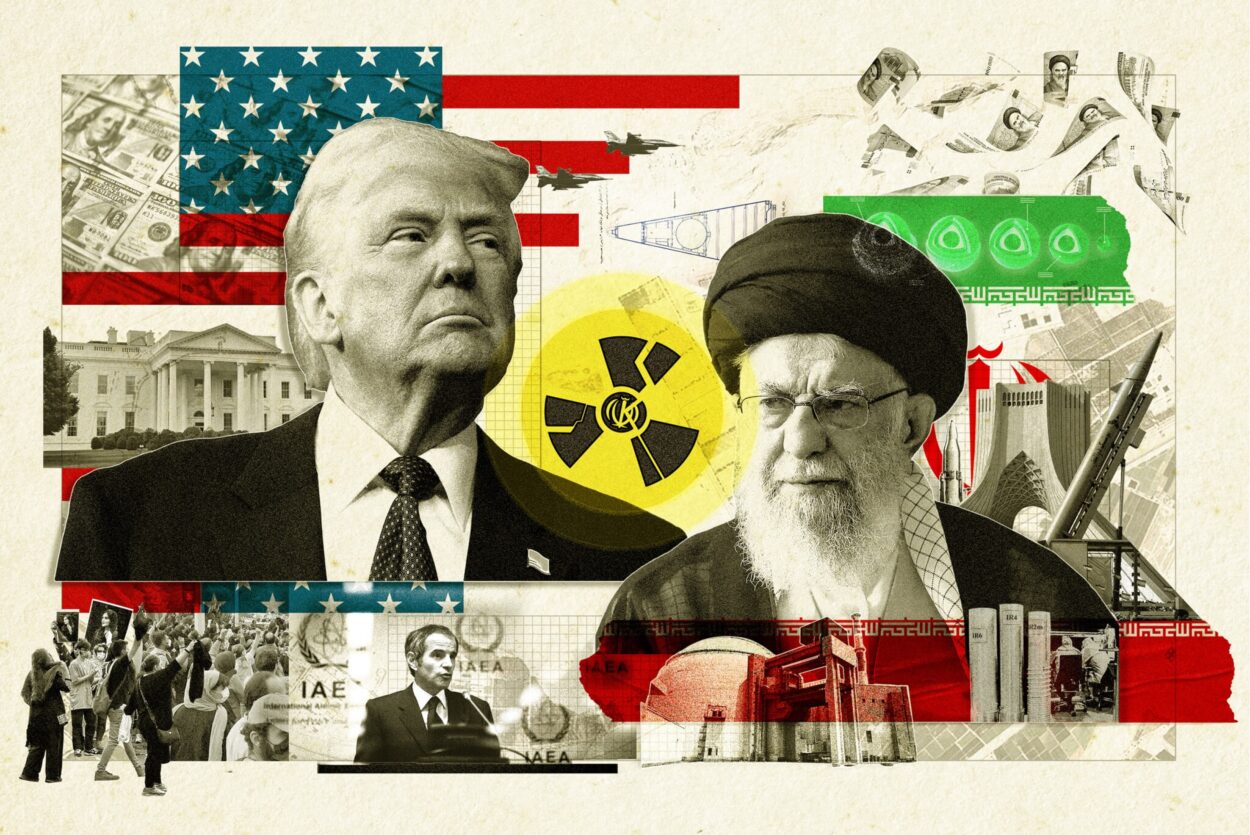
এই সম্ভাবনা, সঙ্গত কারণেই, অনেক আমেরিকানের জন্য ইরাক যুদ্ধের বেদনাদায়ক স্মৃতি ফিরিয়ে এনেছে। একজন প্রেসিডেন্ট হিসেবে যিনি ইরাক যুদ্ধের বিরোধিতা করার দাবি করেছিলেন, ট্রাম্প, তার মিত্রদের সাথে, ইরানের সম্ভাব্য মার্কিন সামরিক হস্তক্ষেপকে সীমিত আকারে উপস্থাপন করার চেষ্টা করেছেন, যার মূল লক্ষ্য হলো ভূগর্ভস্থ ফোরডো পারমাণবিক সমৃদ্ধকরণ সুবিধা, যা ইসরায়েল একা ধ্বংস করতে সক্ষম নাও হতে পারে। এটি ট্রাম্পের উদ্দেশ্যর সঠিক প্রতিফলন হতে পারে, কিন্তু এমনকি সেই সিদ্ধান্তেও বড় ধরনের ঝুঁকি থাকবে, যার মধ্যে উপসাগরে মার্কিন সামরিক স্থাপনাগুলোতে ইরানের প্রতিশোধমূলক হামলা অথবা বিদেশে আমেরিকানদের বিরুদ্ধে সন্ত্রাসী হামলা অন্তর্ভুক্ত, যা ইরানের বিষয়ে মার্কিন জড়িত থাকার বিষয়টি দীর্ঘায়িত ও গভীর করতে পারে। এমনকি যদি একটি সীমিত মার্কিন অভিযান কোনো প্রতিশোধ ছাড়াই পরিকল্পনা অনুযায়ী চলে, তবে সংঘাতে হস্তক্ষেপের সিদ্ধান্ত ইরানের পারমাণবিক কর্মসূচি শেষ করার পরিবর্তে একটি টেকসই সমাধান অর্জনকে আরও কঠিন করে তুলবে।

১৯১৭ সালে, সোভিয়েত রাশিয়ার নেতা ভ্লাদিমির লেনিন এবং মার্কিন যুক্তরাষ্ট্রের রাষ্ট্রপতি উড্রো উইলসন বিশ্বের ভূ-রাজনীতি সম্পর্কে ভিন্ন ভিন্ন দৃষ্টিভঙ্গি প্রকাশ করেছিলেন, যা পরবর্তী সাত দশক ধরে বিশ্বব্যাপী একটি আদর্শিক যুদ্ধের সূচনা করে এবং যার প্রভাব আজও অনুভূত হয়। স্নায়ুযুদ্ধ, প্রক্সি যুদ্ধ এবং একটি অস্ত্র প্রতিযোগিতা ২০ শতকের দ্বিতীয়ার্ধকে বিশেষভাবে সারা বিশ্বকে প্রভাবিত করে। ১৯৯১ সালে সোভিয়েত ইউনিয়নের পতনের পর, মার্কিন-রাশিয়া সম্পর্কের নাটকীয় পরিবর্তন বন্ধুত্ব এবং সহযোগিতার একটি আশাবাদী যুগের সূচনা করেছিল কিন্তু আজ অবধি তা বাস্তবে রুপ নেই নাই।

First Contact: The Russian Empire and America, 1698–1917 আঠারো-উনিশ শতকে উত্তর আমেরিকা অর্থাৎ যুক্তরাষ্ট্রের সাথে রুশ সাম্রাজ্যের একটি জটিল সম্পর্ক বিদ্যমান ছিল। তাদের বিপরীত রাজনৈতিক ব্যবস্থা (স্বৈরতন্ত্র বনাম প্রজাতন্ত্র) সত্ত্বেও, রাশিয়া এবং যুক্তরাষ্ট্রের মধ্যে পারস্পরিক বোঝাপোড়া ছিল দারুন। ফলশ্রুতিতে একটি বিশাল সমভূমি জুড়ে অভ্যন্তরীণ উপনিবেশ স্থাপন; মানব বন্ধন এবং পরবর্তীতে মুক্তি, দ্রুত শিল্পায়ন; এবং আঞ্চলিক শক্তি থেকে বিশ্ব শক্তিতে রূপান্তর কোন কাকতালীয় ঘটনা ছিল না।

The United States and China have one of the world’s most important and complex bilateral relationships. Since 1949, the countries have experienced periods of both tension and cooperation over issues including trade, climate change, and Taiwan.

Former U.S. President Donald Trump popularized the well-known call to drill for oil, which became known as "Drill Baby Drill," during his speeches during the presidential election. In all discussions of U.S. energy policy concerning independence from foreign oil, the phrase serves as a call to increase domestic petroleum extraction along with geological suitcase surveys. The implications of this phrase are discussed, with particular attention paid to examining the benefits and drawbacks of drilling operations as well as their effects on other countries and global energy dynamics.
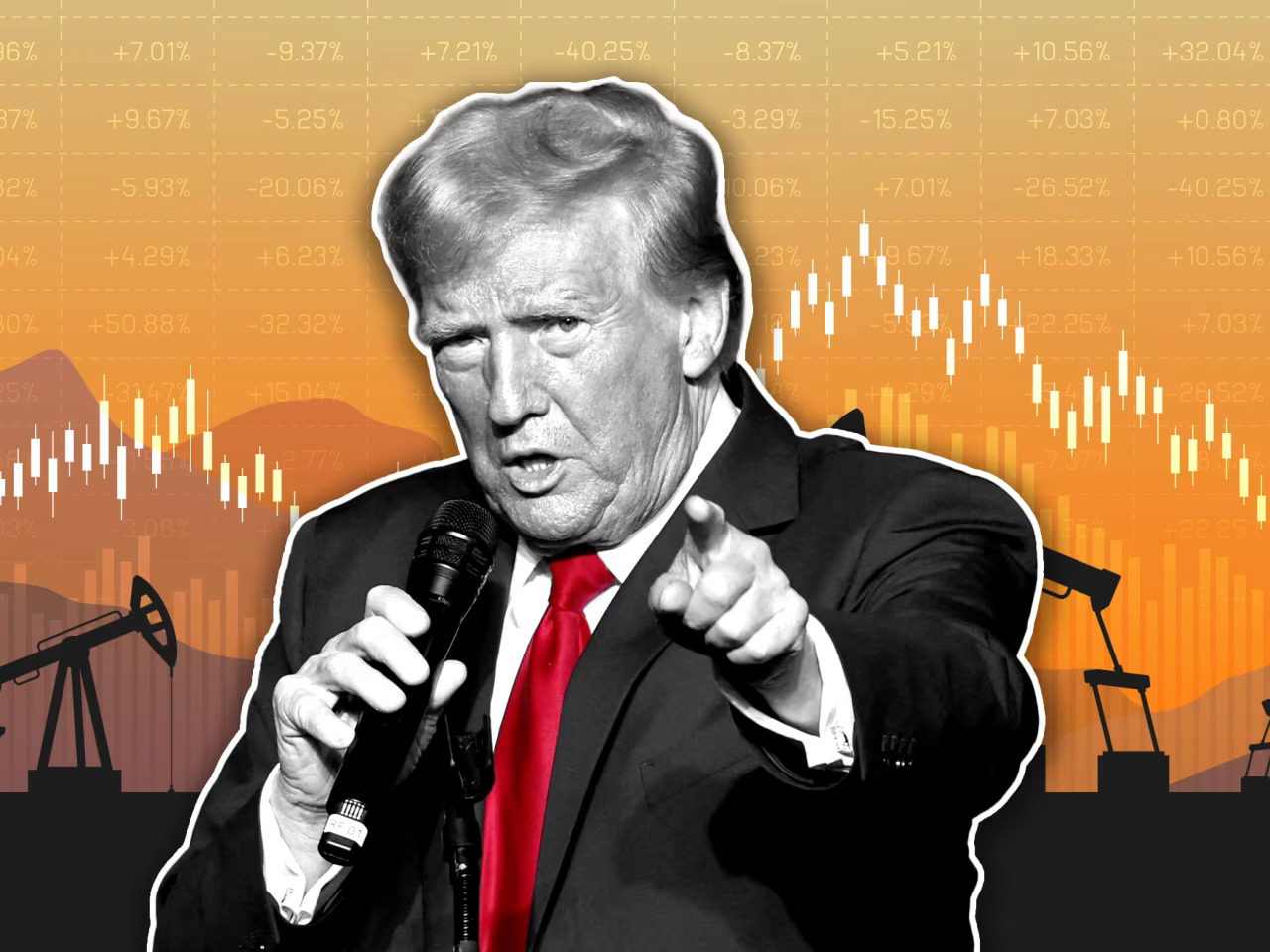
Bangladesh, a strategically significant South Asian nation, has witnessed a regime change that carries profound geopolitical implications. The country’s shift in leadership could alter its relationships with key regional and global players, potentially disrupting the balance of power in South Asia. With its growing economy, strategic location, and deep-rooted political rivalries, Bangladesh remains a focal point of interest for nations like India, China, the United States, and its South Asian neighbors. The recent transition in power presents both challenges and opportunities that will shape Bangladesh’s geopolitical standing in the coming years.

Bangladesh, a strategically significant South Asian nation, has witnessed a regime change that carries profound geopolitical implications. The country’s shift in leadership could alter its relationships with key regional and global players, potentially disrupting the balance of power in South Asia. With its growing economy, strategic location, and deep-rooted political rivalries, Bangladesh remains a focal point of interest for nations like India, China, the United States, and its South Asian neighbors. The recent transition in power presents both challenges and opportunities that will shape Bangladesh’s geopolitical standing in the coming years.
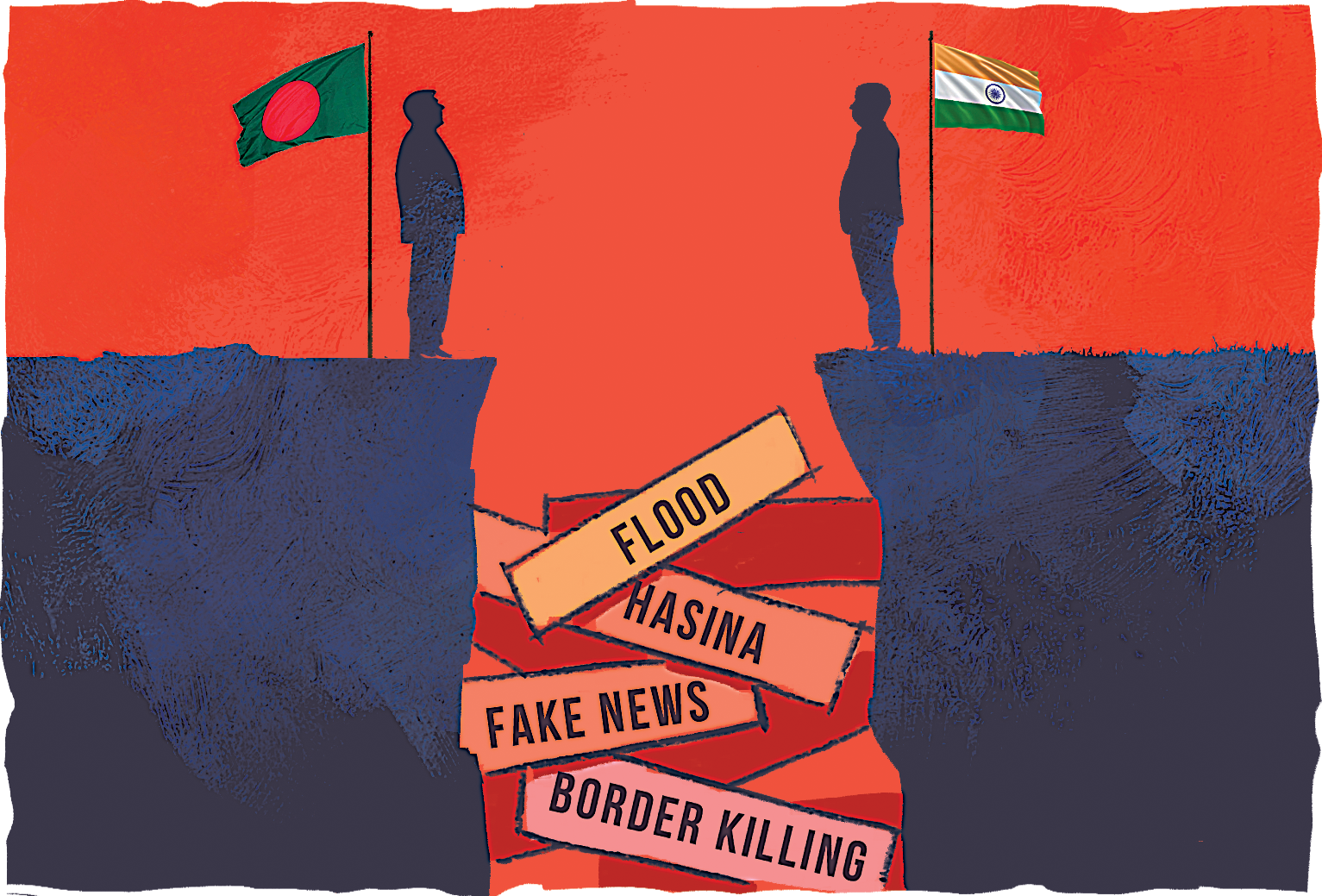
U.S. Vice President JD Vance’s recent speech at the Munich Security Conference has generated significant discussion and controversy. Unlike past U.S. representatives who have used the forum to reinforce NATO unity, condemn Russian aggression, or address pressing global security threats, Vance took a different approach. He focused not on external adversaries like Russia or China but on what he termed the “threat from within”—censorship and political suppression in Europe. This marked a sharp divergence from the traditional transatlantic security discourse and hinted at a broader shift in U.S. foreign policy priorities.
